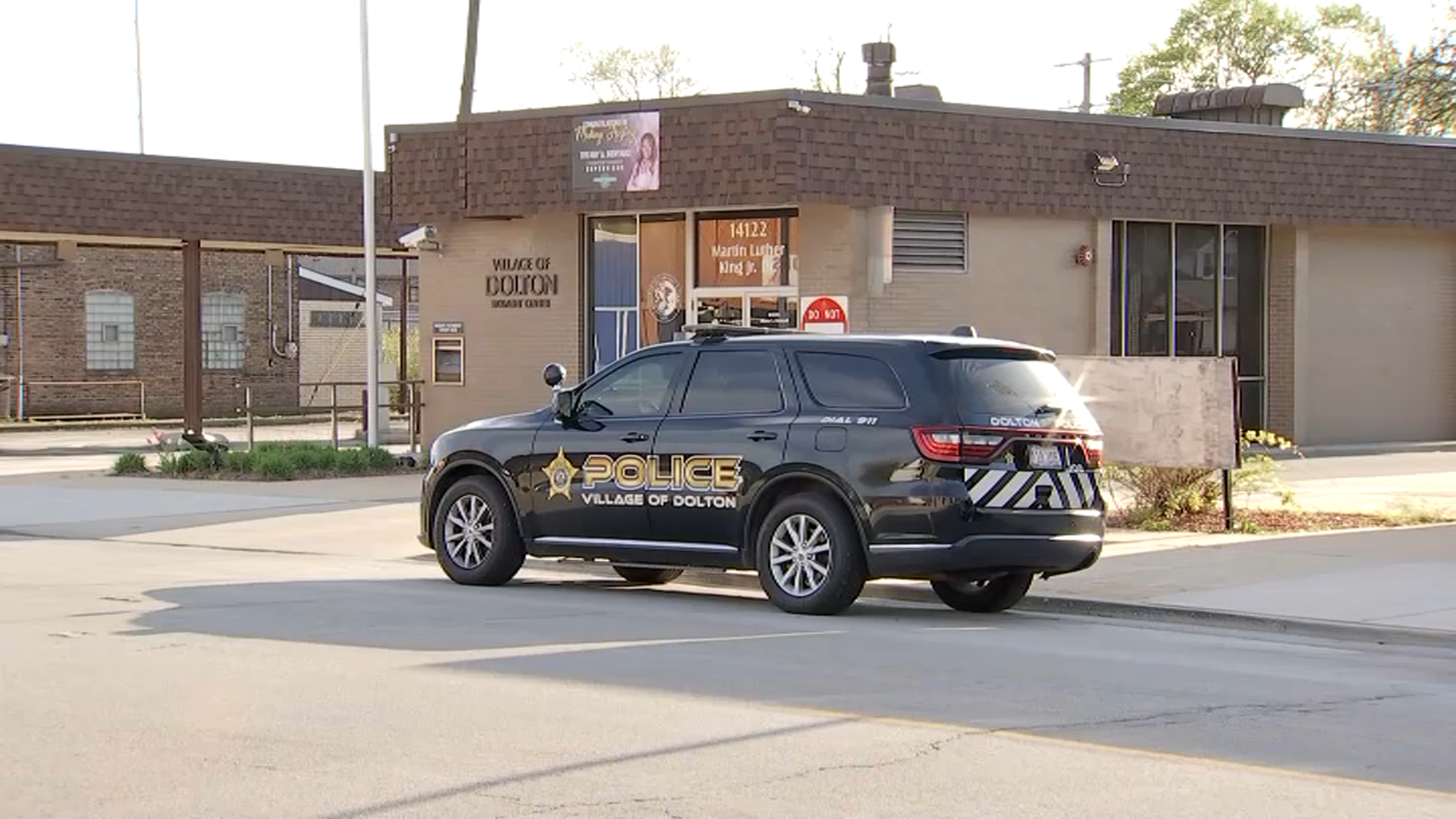How worried should Chicago-area residents be heading into fall and winter? Could heightened mitigations ultimately return if COVID cases rise further?
State and local health officials say they're concerned heading into the fall season, a time that previously prompted questions over a "twindemic" between coronavirus and flu.
As the delta variant sparked a surge across the country in recent months, there are fears of additional variants and a cold and flu season that could be worse than what was seen in 2020, when pandemic restrictions dramatically limited cases of common illnesses.
Chicago's top doctor said data has so far not shown a need for added restrictions, but she noted the colder seasons come with their own concerns.
Feeling out of the loop? We'll catch you up on the Chicago news you need to know. Sign up for the weekly Chicago Catch-Up newsletter here.
"As we had into the fall season, I am concerned," Chicago Department of Public Health Commissioner Dr. Allison Arwady said Thursday. "It would be irresponsible of me not to be concerned because we typically see respiratory viruses flourish here when we move indoors."
Already, pediatric emergency rooms are filling with an early and "unprecedented" surge of respiratory cases in kids not usually seen until winter, prompting doctors from a half-dozen hospitals in the Chicago area to ask parents to call their pediatrician or family doctor before bringing in a child with non-life threatening symptoms.
“We are seeing two times as many children in the ER in September than this time last year,” said Dr. Melissa Rice, Chair of Pediatric Emergency Medicine at Rush University Medical Center.
Local
“This surge is straining the health system, leading to extended wait periods,” said Dr. Elizabeth Alpern, Head of Emergency Medicine at Ann & Robert H. Lurie Children’s Hospital.
This fall season brings added concerns as health experts credited heightened restrictions and masking with keeping many common illnesses at bay last year.
"There is definitely a change in terms of actually seeing viral illnesses back in a way that they were largely not seen last year," Illinois Department of Public Health Direction Dr. Ngozi Ezike said Wednesday. "So, during the time that people were broadly staying home, a lot of mask wearing, a lot of hand washing."
According to the Centers for Disease Control and Prevention, last year’s flu season was historically tame.
There were just 2,038 cases of the flu reported by public health and clinical labs between Sept. 2020 and April 2021, far fewer than the approximately 38 million cases that were reported in the previous year, the CDC reported.
The data showed just 0.2% of respiratory test specimens tested by US clinical laboratories returned positive test results for the virus. By comparison, in previous years the average positivity rate on those tests fell between 26.2% and 30.3%.
In the 2020-21 flu season, there was just one reported pediatric flu death in the United States, compared to 195 in the previous year.
But with schools back to in-person learning, many businesses open without capacity limitations and events largely resuming, experts say there's a greater chance for other illnesses and viruses to spread in addition to continued coronavirus cases.
"If we see a pattern where the fall and winter becomes not just cold and flu season, but sort of cold, flu and COVID season, it becomes more of a regular respiratory virus, then yeah, I am a little concerned," Arwady said earlier this week, urging people to get their flu shots and COVID vaccines.
The city's health department said getting vaccinated for both coronavirus and flu is "more important than ever." Officials said while it's still unclear when flu season will begin, residents should get vaccinated by the end of October.
Arwady said that handwashing, social distancing and masking are all key to combating the flu. Ezike warned that "inconsistent mask usage" now could bring a more severe flu season.
She noted that if the city sees increasing strain on health care systems because of a combination of flu and COVID cases, further mitigations, including extended mask mandates, could potentially be on the table.
"Our goal…is to stay open and to stay careful. If we have any signs that COVID or COVID and flu together are seriously threatening our health care system, or if we had a new variant come in…we could have significant trouble,” she said. “I hope we won’t need to do more aggressive things, but we will if we start to threaten our health care system.”



